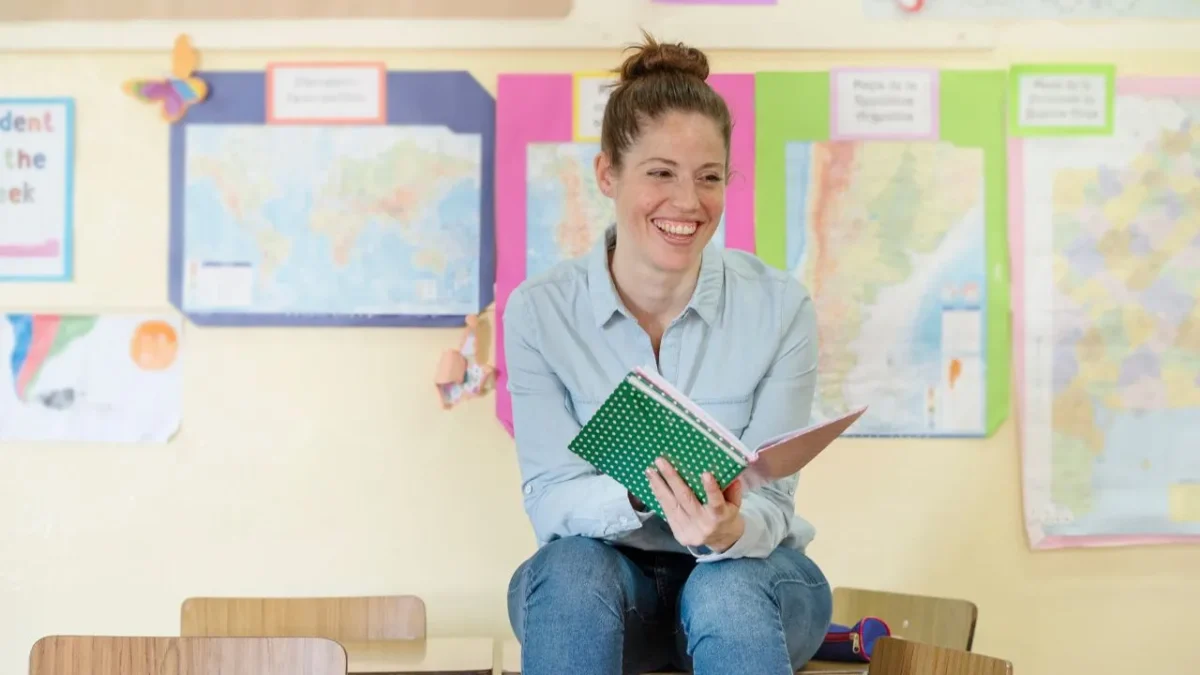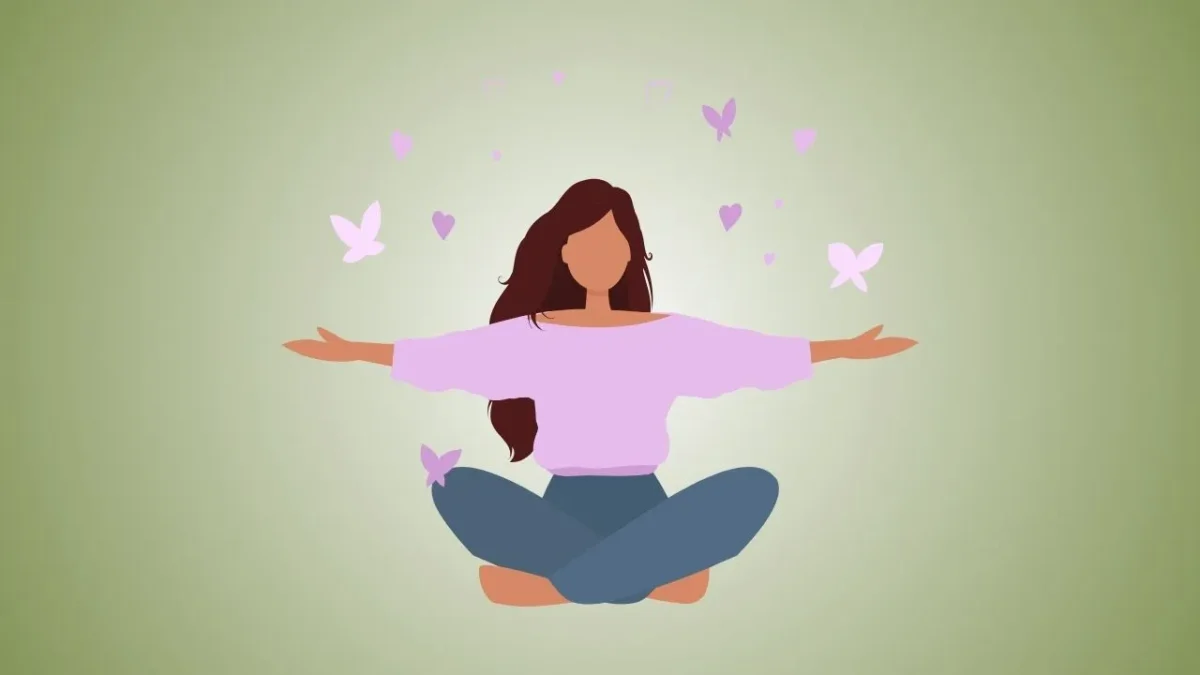The Unforgettable Essence and Impact of Childhood
The human life cycle has different stages, and each stage has its own importance. Those are childhood, youth, passions, enterprise, old age, and dying life. What stage of life is the most important? I think that every stage of life is equally significant and necessary for the welfare of humanity.
Each stage of life is a unique gift to contribute to the world. We need to value each one of these gifts at all stages with experience and a vision of life.
The Essence of Childhood
Infancy is the key stage of a child’s life from birth, and in other words, we can say that childhood is the earlier part of life that cannot come again. Childhood is to a certain age and at a certain age. The child is grown and puts away childish things. Childhood is the kingdom where nobody dies.
This part of life is full of happiness and free from tensions. In this stage, every child needs the complete attention of his parents for basic learning.
The child is surrounded by parents, siblings, and a host of older people who shower their love and advise what to do or not to do, but at the stage of growing, the windows of the mind gradually open one by one to become a perfect human being.
The Joy and Freedom of Childhood
The most beautiful days of life are in childhood. It is an enjoyable part of life. In childhood, one is free from sorrow, trouble, and problems. It is such a stage of life that cannot come again.
It is full of happiness and memories and free from tensions. At this stage, we play with our friends in schools and on the streets enthusiastically.
Sometimes we disagree on small matters with each other, fight, and show anger, but forget everything after a few hours. Childhood is the precious days of life, which nobody forgets and talks off and on during the later stage of life.
The Simplicity and Carefreeness of Childhood
Childhood is the happiest time because children at that age do not have any responsibility, and the way their mind thinks is completely different from adults as their mind is free.
A child has no worries about studying, going to work, or even having family duties. Anybody who has survived his childhood has enough information about life to last him the rest of his days.
Children’s most important concern is the number of toys they possess or the demand for new ones. They simply make friends to play with each other or share their toys. Their needs are simple, not complicated.
Key Takeaways:
- Childhood is a unique and irreplaceable stage of the human life cycle, filled with joy and freedom from tension.
- Each stage of life is important and contributes to the welfare of humanity.
- The simplicity and carefreeness of childhood are what make it the happiest time of life.
- Childhood is marked by growth, learning, and the gradual opening of the mind’s windows.
- Remembering the joyful and tension-free days of childhood can bring happiness and perspective in later stages of life.
The Role of Childhood in Creative Development and Learning
Play and Inspiration in Early Life
The child is a source of creative inspiration and is always interested in play. When young children play, they recreate a new world of innovation and transformation during the course of civilization.
The Significance of Early Milestones
When a child is a little baby, the parents and family are thrilled when he takes his first steps; they are elated when he utters the first words, and they rush to obey his every command. He orders them to do this or that.
When a child makes efforts towards a goal, we should encourage him to continue and achieve it. Children are learning all the time, whether we realise it or not. We are always teaching them.
Children grow and change so quickly that we regularly make the effort to get to know them and see them as if for the first time.
Knowledge, consciousness, and moral development
I have tried to describe beautifully the growth of knowledge and consciousness that takes place from birth itself. The child cannot tell right from wrong and might indulge in all kinds of activities, good or bad, either willingly or unwillingly.
The Role of Parents and Elders
Parents and elders are always scared that a child will get hurt, but the child is innocent and does not even know what fear is or what hurt is.
Parents play a lead role for their children because the children are the extension of their parents and have a natural bond with them. Parents always plan for their children to lead a good life, which should be free from stress and anxiety.
Safety, Security, and Faith
Touches and hugs from parents boost the immune systems of the children and provide them with a sense of security. Children need to feel safe and protected in family space, and we must have faith in them, believing that they will rise to the occasion when obstacles and problems come in their lives.
Challenges, Time, and Understanding
The children sometimes struggle with many problems with school or friends, and we as parents do not care and understand that we should have spent more time with them to improve the relationship as a real guide.
Recognising Individuality and Unconditional Love
The child is regularly free from worries and cares, as it is a well-known fact that parents anticipate the needs of the child and provide for them well in advance. We need to understand that every child is unique in his own way, and this uniqueness should be respected. Academic success or failure should not be a parameter for your love for your child.
The Essence and Impact of Childhood

Lessons from Childhood and the Inevitability of Growth
Children are like sponges. They soak up everything we do and everything we say, and the best thing we can do for our children is to allow them to do things for themselves, allow them to be strong, allow them to experience life on their own terms, allow them to take the subway, let them be better people, and let them believe more in themselves.
Childhood is the most beautiful of all of life’s lessons, but it is very short. It is not from birth to a certain age, but at a certain age, when the child grows, he puts away childish things. We have to learn three things from a child:
- To be happy for no reason.
- To always be busy doing something.
- To know how to demand small things without ego.
The river of time flows on, the hours quickly change into days, the days into months, and the months into years, and the time of childhood is spent slowly before even we know it.
They start to develop a wide range of social and technical skills that enable them to come up with inventive solutions for dealing with the increasing pressures that society places on them. They seek new ways to solve practical problems to cope with everyday responsibilities.
Those in our lives who are dying or have died teach us about the value of living. Our lives are not guaranteed, but to live each moment of life to its fullest, we should remember that our own small lives form a part of the greater world.
Thus, each stage of life has its own unique gift given to humanity, and we should do whatever we can to support each stage, protect it, and suppress its individual contribution to the human life cycle.
A man is known by three names. The first is the name that his parents give him; the second is the name by which others call him; and the third is the name he identifies in the true record of his life from birth to death.
The three most important days in life are the day you are born, the day you find out why, and the day when you say goodbye.






